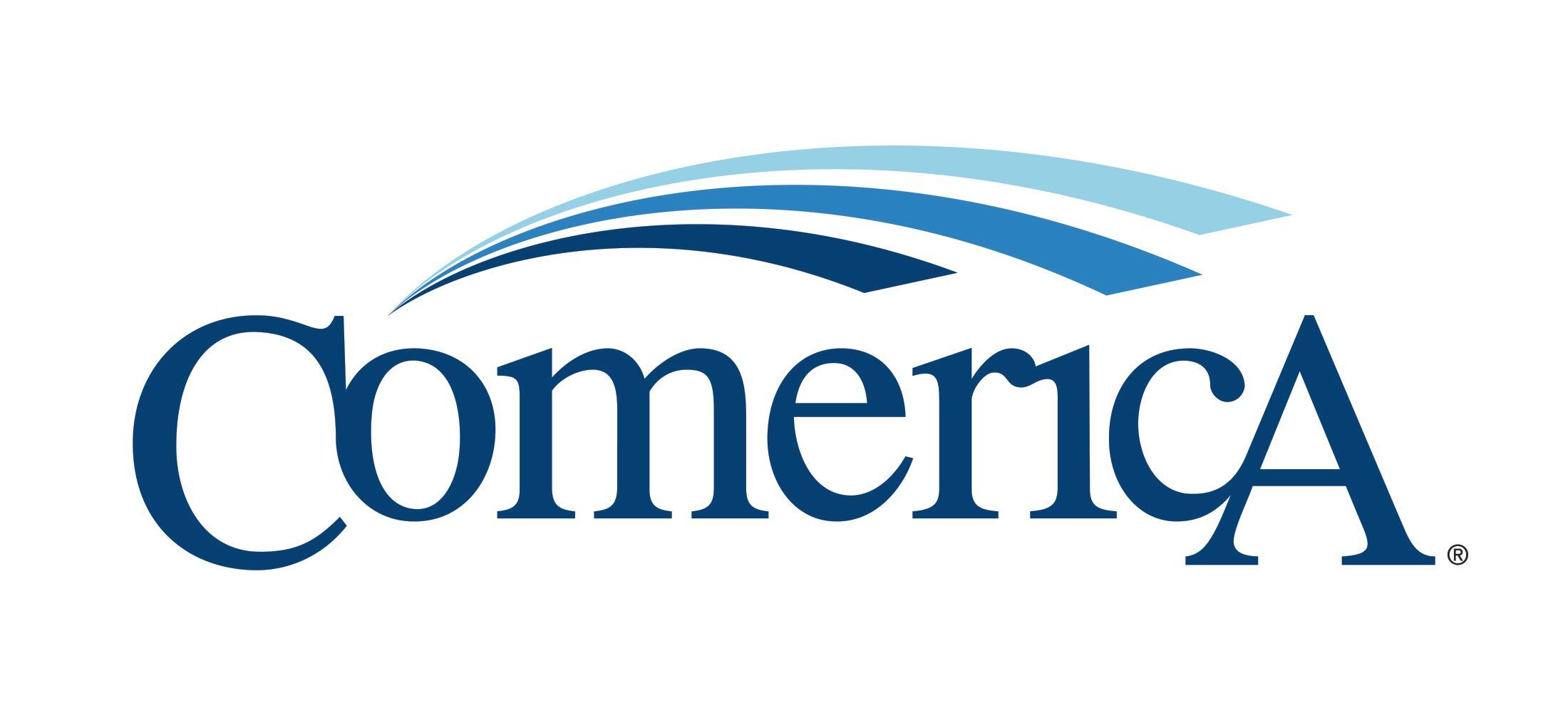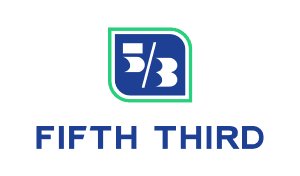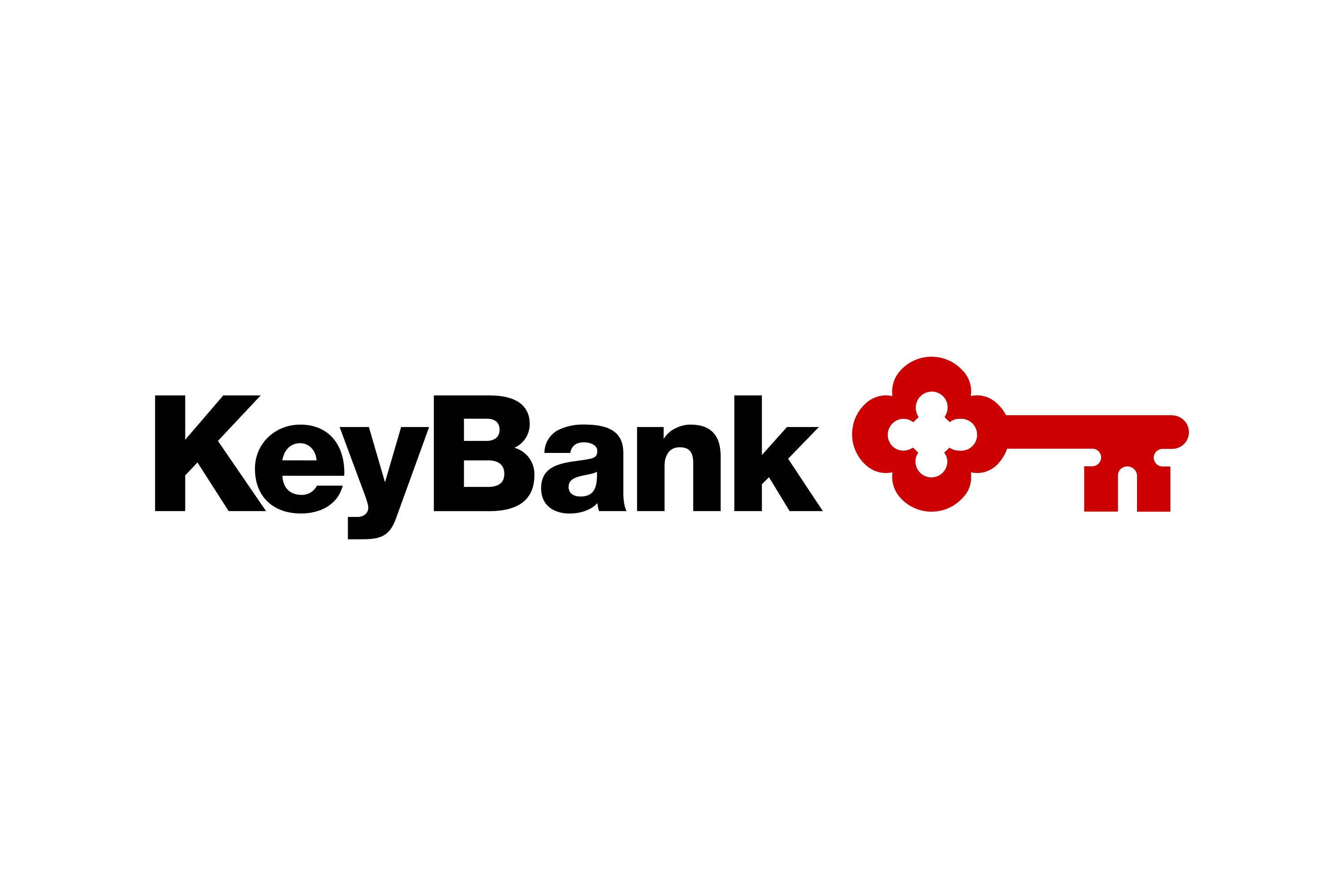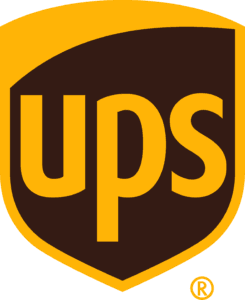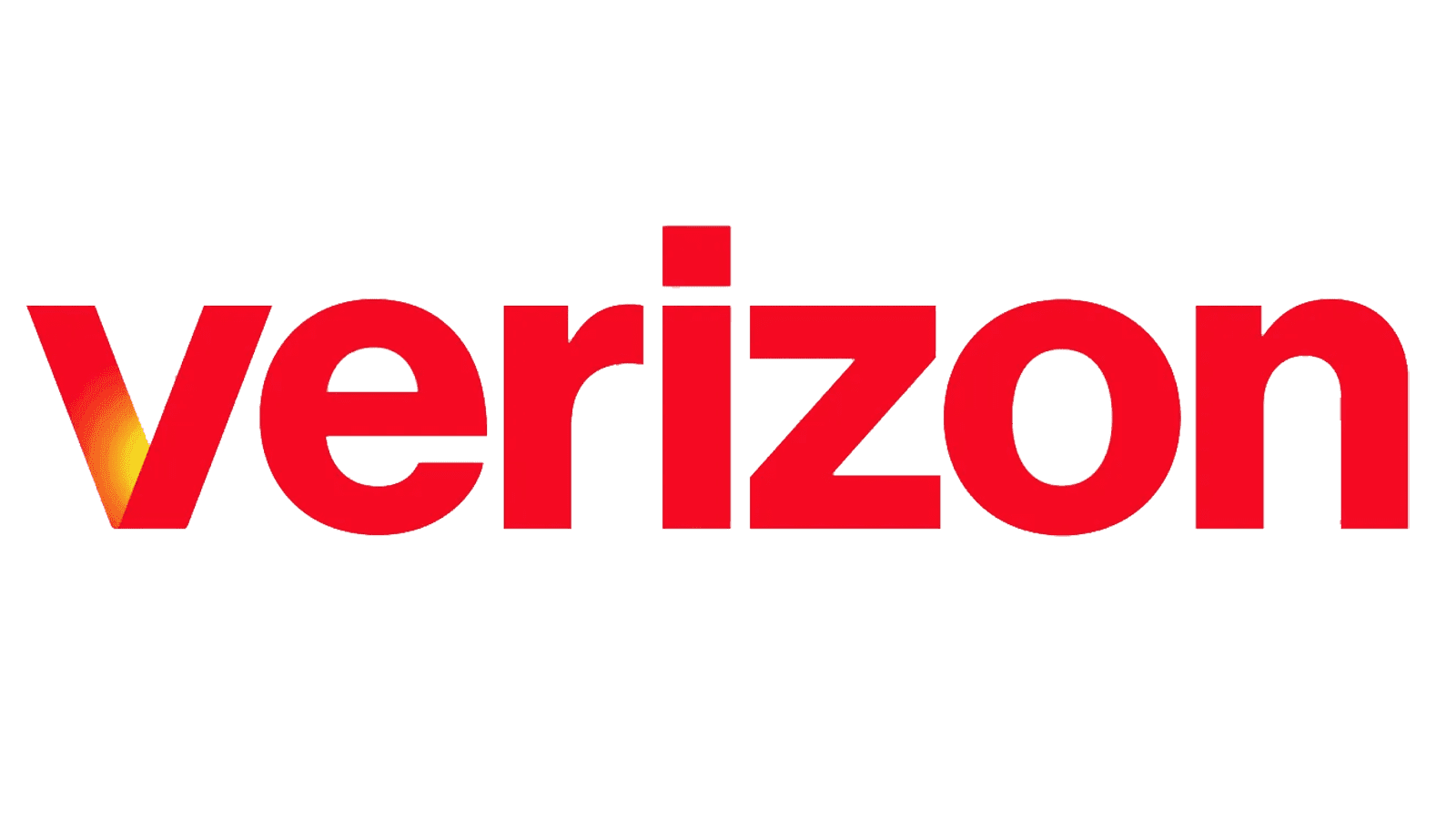Whether your business is preparing for expansion or gearing up for a new contract, credit can help support your short- and long-term financial goals. There are numerous benefits to having business credit. However, before you apply, it's important to determine whether your business is ready for credit.
Before approaching a lender, it's advisable to obtain copies of your personal credit report and gather your financial documents. When evaluating creditworthiness, both your personal and business finances play a crucial role. From the business perspective, lenders assess whether your business is generating a positive cash flow with growth potential. On the personal side, lenders consider whether you have sufficient income to not only cover your current debts but also the additional debt you're seeking, as well as how well you have been servicing your debts.
Follow these steps to ensure your business is fully prepared to obtain financing:
-
Review your credit history
• Request a copy of your personal credit report from the three credit reporting agencies: Equifax, Experian, and TransUnion.
• Review them carefully for accuracy, including credit accounts, payment history, balances, and inquiries.
• If you spot an error, file an online dispute within 30 days of receiving your report.
• Close accounts that you no longer use and pay off existing debts if your budget allows. These actions can help by improving your credit utilization ratio and reducing your overall debt burden. This can potentially increase your credit score and make you appear more creditworthy to lenders. Additionally, closing unused accounts can reduce the risk of identity theft and simplify your financial management.
• Be prepared to explain any prior or current bankruptcies, tax liens, judgments, and unresolved litigation if applicable. -
Gather financial documents
Providing comprehensive and accurate financial information can expedite the application process. Lenders typically want to see the following documents (double-check for accuracy):
• 3 years business and personal tax returns and financial statements
• 6 months of business bank statements
• Personal guarantee from owners >= 10%
In additional to gather documents, identify collaterals that are available to secure the loan, typically required based on the loan amount. -
Determine how much you need
When requesting working capital, clearly state the intended use of funds and avoid over-requesting. This helps minimize debt and maintain healthy financial ratios, improving overall financial standing and increasing lender confidence.
For larger investments or purchases, be aware that material and labor costs may have increased since previous quotes. Obtain or refresh bids from multiple companies, compare costs for new versus used equipment or conduct research to determine estimated costs and loan needs before applying.
For debt consolidation or refinancing high-cost debts, list all existing business debts, including balances, interest rates, and repayment terms.
-
Consider Terms and Interest Rates
Before taking on a new loan, calculate your affordable monthly payment in addition to current expenses.
To get a sense of how much your monthly loan payments will be, you can use this loan payment calculator.
Official payment amounts will be determined once a loan is approved.Terms:
Understanding loan terms is crucial for budget management. It refers to the repayment period, which can vary from a few months to many years. Opting for a shorter term minimizes interest paid and aligns with quick repayment goals.Interest Rates:
Interest rates directly impact borrowing costs. They represent the percentage of the loan amount charged by the lender. Comparing rates helps businesses minimize expenses and manage budgets effectively. Additionally, be mindful of additional loan costs such as application fees or origination fees.
Understand all your borrowing options - Loan Types and Lenders
Many businesses go through periods of fluctuating cash flow, which can create challenges. However, using the right credit products can help even out these highs and lows.
Maintaining a steady stream of cash flow is vital for a business's financial well-being. However, achieving this consistency can be challenging due to several factors. These factors include expenses related to growth, such as scaling the business or hiring new employees, as well as external influences beyond your control, like delays in receiving payments from customers.
By carefully considering both the loan product and the lender, you can secure the financing and partnership that propels your business forward.
Need immediate cash for inventory or payroll?
A line of credit might be your best option. It's like a flexible credit card – you only pay interest on what you use, and you can repay it all at once or over a set period. This is ideal for unpredictable short-term needs.
Planning for a long-term project or equipment purchase or technology upgrade?
Consider a business loan. Loans offer fixed monthly payments and typically lower interest rates than lines of credit. There are different types of loans depending on your needs and repayment terms. The predictable payments can be helpful for budgeting.
For everyday small expenses?
A business credit card can be convenient. However, aim to pay the balance in full each month to avoid high interest charges. It's generally better to use a line of credit or loan for larger purchases.
| Financing Option | Use For | Pros | Cons |
|---|---|---|---|
| Business Line of Credit | Short-term needs (inventory, payroll) | Flexible, only pay interest on what's used | Higher interest rates than loans |
| Business Loan | Long-term projects, equipment purchases | Lower interest rates, predictable payments | Less flexible, requires long-term commitment |
| Business Credit Card | Small, everyday expenses | Convenient | High interest rates if not paid off monthly |
Selecting the right financial product for your business needs is crucial, but finding the right lender is equally important. A good lender acts as a partner, providing not only the financing you require, but also potentially valuable guidance and support. Here's a breakdown of some common lender types, along with key considerations:
| Lender Type | Business Model | Lending Overview | Pros | Cons |
|---|---|---|---|---|
| Traditional Banks | For-profit, broad customer base | Competitive interest rates, stringent requirements | Established reputation, diverse products | Less flexible terms, may require strong credit |
| Credit Unions | Member-owned cooperatives | Competitive rates, potentially flexible terms | Lower fees, focus on member well-being | Membership requirements, may have loan amount limitations |
| Community Development Financial Institutions (CDFIs) | Mission-driven, underserved communities | Flexible terms, competitive rates, technical assistance | Community focus, development opportunities | May have stricter eligibility requirements |
| Merchant Cash Advances (MCAs) | Short-term, high-cost financing | Fast funding, no credit check required | Quick access to cash | High fees, interest rates, daily/weekly repayments strain cash flow |
Additional Considerations:
Reputation and Customer Service: Choose a lender with a positive track record and a commitment to supporting clients. Read the lender's customer reviews.
Industry Expertise: Look for a lender with experience in your business sector. For example, BCF provides funding and advice to certified, minority-owned businesses operating in the supply chains of the nation’s largest corporations and government organizations.
Loan Terms and Flexibility: Evaluate interest rates, fees, repayment schedules, and the lender's willingness to work with you.
Additional Services: Technical assistance, mentorship, or other resources offered by the lender can be valuable assets.



